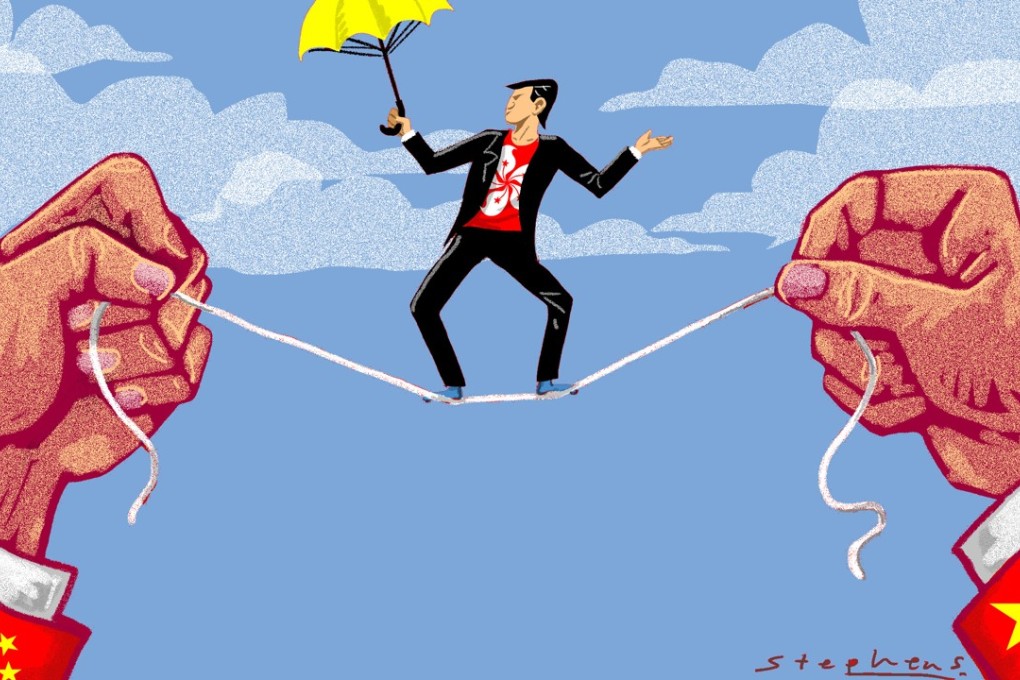Hong Kong must walk a tightrope between its desire for freedom and Beijing’s national security concerns
Fu Hualing says Hong Kong needs to ensure that, in its journey towards reconciling two seemingly contradictory constitutional imperatives, Beijing does not become the enemy

There are two imperatives that shape Hong Kong’s constitutional development: its high degree of autonomy and China’s national security. Should a free and “semi-democratic” Hong Kong protect the security of an authoritarian state and can Hong Kong offer such protection without compromising its value and integrity? Should Hong Kong legislate to protect the security of China’s political system and, if so, how will it reconcile the two conflicting and seeming irreconcilable imperatives?
For the central government, there is a genuine fear among top decision-makers that there are national security risks in Hong Kong which the city has turned a blind eye to. As China’s economy grows, it becomes more confident and assertive. When managing Hong Kong affairs, it has started to insist that the special administrative region take China’s national security and other interests more seriously.
The legislative process proved to be difficult and the proposed law came up against strong and well-organised resistance. While the proposed law complied with international human rights requirements and was tightly drafted, it was nevertheless not regarded as acceptable.
There was just not enough political trust towards the communist government on the mainland. Half a million people took to the streets to demonstrate their discontent towards the proposed law, sending a strong signal that China’s national security was not considered a significant issue in the eyes of Hongkongers. Faced with a massive and well-orchestrated protest, the government was forced to withdraw the bill.